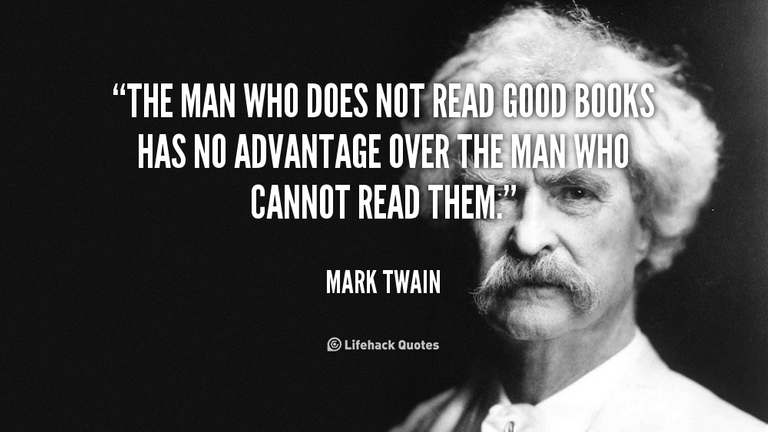
Hey everyone, today I am going to be talking about 10 books that really influenced me and had a huge role to play in one way or another in forming my current worldview. This is not like a 10 best books or the 10 books you must read or anything like that, and they are not in any particular order of importance either. They are just books that I found a lot of value in, and I think others will find value in as well. I am going to break this into two parts as I give somewhat long explanations of what the books are about and of course some of my 2 cents in there as well. Thanks for reading and enjoy!
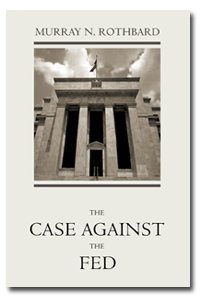
- The Case Against the Fed by Murray N. Rothbard
Central banks are one of the worst things to ever plague this planet, and the Federal Reserve of The United States, AKA the Fed, is the central bank or central banks, the worst of the worst. In this book, Murray Rothbard takes you through the history of the Fed, including its precursors and the major players that brought it in to being. He also makes clear why the Fed is damaging to the economy and how the government could not spend and inflate our money like it does without it. It is a good read, as is all of Rothbard’s stuff.
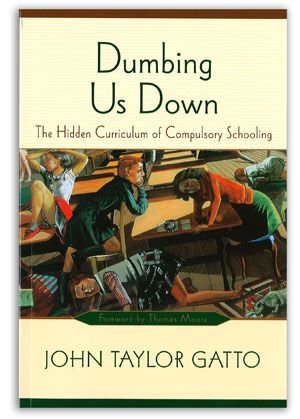
- Dumbing Us Down: The Hidden Curriculum of Compulsory Schooling by John Taylor Gatto
This book was the final straw in my growing distrust of public schooling and made me finally realize that my future children will never step foot in one as a student. John Taylor Gatto is an award-winning teacher who worked in the New York City public school system for 30 years. In this book he reveals the true nature and purpose of public schooling. He reveals that compulsory government school is not meant to educate children and prepare them to be confident and independent humans, but to teach them conformity, to always get permission from authority to feel accomplishment, and dependency, among others. Let's also not skip over the fact that compulsory means compulsory. You will be punished if you do not allow the government to mold your child the way they see fit. Basically, to make workers just smart enough to work the machine, but not smart enough to, or inclined to, question the social order or their place in it. This is essential reading for everyone, but especially parents with school-age children.
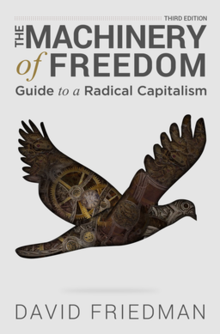
- The Machinery of Freedom:Guide to a Radical Capitalism by David Friedman
“But who will build the roads?” Every voluntaryist, libertarian, and anarchist has encountered this question whenever they bring up the fact that taxation is theft. This mentality can be directly attributed to the dependency instilled in people from compulsory public schooling, as outlined by John Taylor Gatto in Dumbing Us Down. If you have ever received questions like this or others about how things could work in a truly free market, then The Machinery of Freedom will be a helpful read. Since a truly free society with a free market does not have a central master plan guiding everything, and ruining everything, there is no way to know exactly how it would look, though we could be very confident that it would be much better than the world we have inherited, however, David Friedman gives a very good overview about how things could work in a free society with practical examples included. It is a good resource to have in your debating tool box when confronted by the mass statist zombies who are intent on maintaining their slavery.
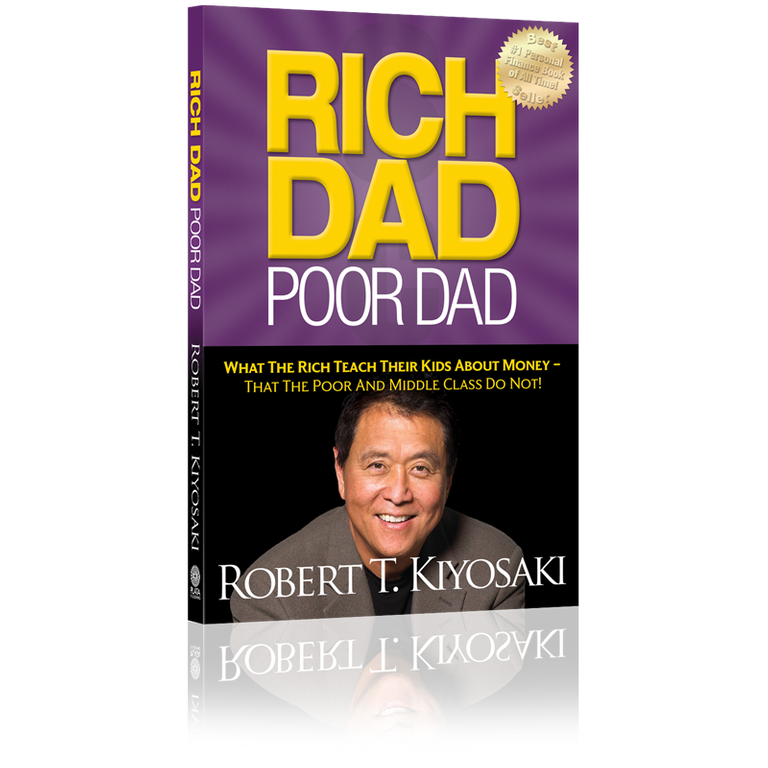
- Rich Dad Poor Dad: What the Rich Teach Their Kids About Money - That The Poor and Middle Class Do Not! by Robert T. Kiyosaki
This book really changed how I look at personal finance. There are so many common misconceptions and mistakes that people make with their money, like considering your house an asset instead of a liability or the belief that you should pay all your bills and debts first and then pay yourself with whatever is left. This book shows the folly of these notions and tells you how you should do things differently. It is a quick and easy read but very valuable. You will go back and reference it often.
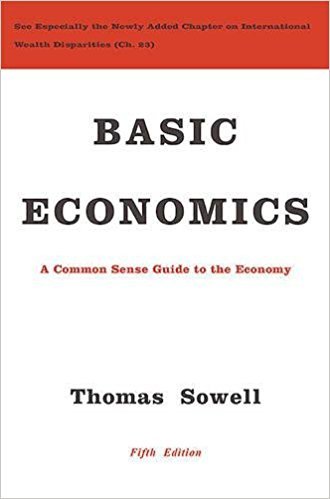
- Basic Economics: A Common Sense Guide to the Economy by Thomas Sowell
Even before I read this book, I was already very against any government interference in the economy. I knew instinctively that whatever they were doing, whether a regulation or a tax or some housing program, it would end up doing more harm than good. The problem was, before I read this book, I was woefully unprepared to defend my antigovernment intervention position. Basic Economics by Dr. Sowell changed that. It is so well written and very accessible, which is great because the vast majority of us were taught very little, intentionally, about economics during our schooling years, and if you did learn some, it was mostly Keynesian, pro-central bank garbage. He gives great real-world examples to make the concepts clear to even the most novice economics learner. This is another book that you will want to reference back to often. I suggest sticky notes!
I hope I did a decent job explaining these books and why I enjoyed them. I also hope I motivated you to maybe read some of these books in your future reading. I'll finish with one of my favorite quotes by Mark Twain, "The Man who does not read good books has no advantage over the man who cannot read them." See you next time with part 2. Thanks for reading!
Nice books!
Thanks! I hope you check them out. Part 2 will be out tomorrow!
Thanks for the list. Some books that i had never heard of. Can't wait to check them out .
I'm glad you found some new books to check out! I'll be talking about a few more tomorrow.
Can I borrow some of those book and not return them? lol